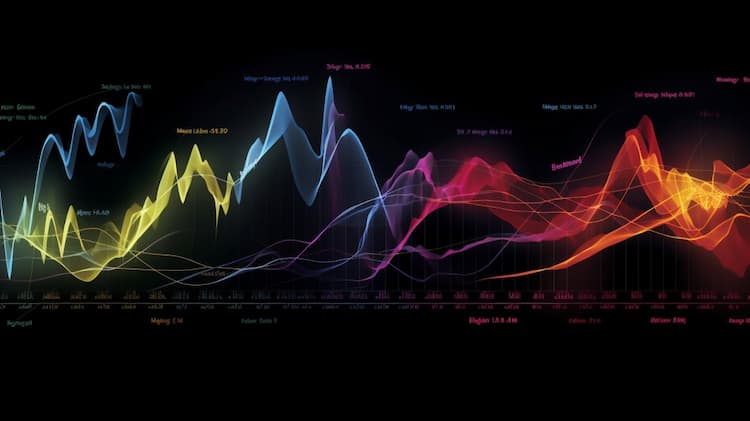
BND Vs MUB: Investment Strategy
Exchange-Traded Funds (ETFs) have become a staple in the investment landscape, providing a diversified and flexible way to invest in various asset classes. In this article, we will conduct an in-depth comparison between two prominent bond ETFs: BND (Vanguard Total Bond Market ETF) and MUB (iShares National Muni Bond ETF). We will delve into critical aspects, including ETF tickers, full names, issuers, sectors, top holdings, capitalization, investment strategies, tracking methods, and exposure.
BND Vs MUB: Overview
BND and MUB are bond ETFs that cater to different corners of the fixed-income market. While BND focuses on providing broad exposure to the entire US investment-grade bond market, MUB zeroes in on the municipal bond sector. These distinct focuses lead to unique risk profiles and return potentials, which we'll dissect in the following sections.
BND Vs MUB: Sectors and Top Holdings
The BND ETF encompasses a wide range of sectors within the investment-grade bond universe. Its top holdings typically include US Treasury bonds, mortgage-backed securities, and corporate bonds. On the other hand, MUB primarily invests in municipal bonds issued by state and local governments, aiming to provide tax-exempt income to investors. Analyzing the sectors and top holdings aids investors in aligning their investment goals with the appropriate ETF.
 BND overlap BND VS MUB
BND overlap BND VS MUB
BND Vs MUB: Capitalization and Investment Strategy
Vanguard's BND boasts a substantial asset under management (AUM), indicating its popularity among investors seeking exposure to a diversified bond portfolio. BND's investment strategy centers around tracking the performance of the Bloomberg Barclays U.S. Aggregate Bond Index, representing various sectors of the US bond market. MUB, with a focus on municipal bonds, caters to investors seeking tax-advantaged income. Understanding the differences in capitalization and investment strategies helps investors assess potential risks and returns.
BND Vs MUB: Tracking and Exposure
BND seeks to mirror the performance of the underlying index by investing in a broad spectrum of investment-grade bonds, including government, corporate, and mortgage-backed bonds. MUB, in contrast, tracks an index consisting of US municipal bonds, targeting tax-exempt income. The methods of tracking and exposure differ, with BND providing diversified exposure across the investment-grade bond spectrum and MUB focusing on tax-efficient municipal bonds.
Conclusion
BND and MUB represent distinct investment opportunities within the bond market, catering to different investor preferences and objectives. Whether you're interested in a broad-based exposure to investment-grade bonds or seeking tax-advantaged income from municipal bonds, these ETFs offer specialized avenues. For those seeking detailed insights into holdings, correlations, and overlaps, ETF Insider serves as an invaluable tool. With its user-friendly app, investors can access comprehensive information about various financial instruments, aiding in informed investment decisions.
Disclaimer: This article is intended for informational purposes only and does not provide investment advisory services.
Sources:
https://etracs.ubs.com/ MUB ETF issuer
https://etracs.ubs.com/product/detail/index/ussymbol/AMUB MUB ETF official page
BND quote and analysis
Discover the top holdings, correlations, and overlaps of ETFs using our visualization tool.
Our app allows you to build and track your portfolio.
To learn more about the BND Vanguard Total Bond Market ETF, access our dedicated page now.
FAQ
Why is BND better than MUB?
BND may be considered better than MUB for some investors due to its specific focus, offering diversification.
Does MUB beat BND?
MUB's performance relative to BND will vary over time, depending on market conditions.
Should I invest in BND or MUB?
The choice between BND and MUB should align with your investment goals, risk tolerance, and desired exposure.
Are BND and MUB good investments?
Both BND and MUB can be suitable investments depending on individual investment strategies, goals, and risk profiles.
What is the correlation between BND and MUB?
The correlation between BND and MUB can vary over time, reflecting differences in performance.





